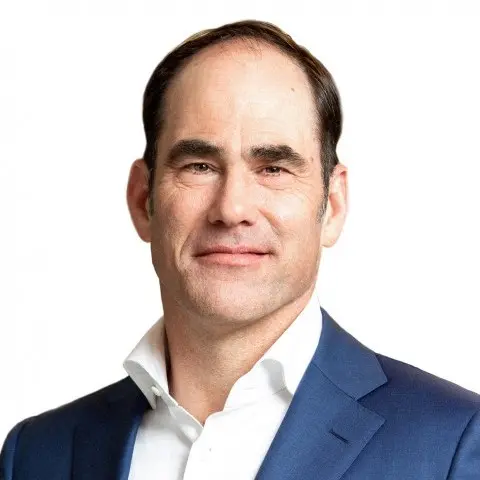The first Merkel-Schulz showdown
A direct duel between Angela Merkel and her challenger Martin Schulz is not scheduled before September. But yesterday, both at least appeared at the same event.
It's been a slow start to the German election campaign
Compared with other European elections this year, the German election campaign is starting off very slowly. Some are even arguing that the elections are already over before the campaign has actually started. Yesterday gave a good illustration of both.
In earlier national elections, the main challenger of the sitting chancellor was either the opposition leader in parliament or at least someone who played a prominent role in government. In either way, it was at least a challenger, who could use national politics and parliamentary discussions as a platform to increase their own popularity. In the current election campaign, this is different.
It almost looks as if the race has already been decided before even getting started
Chancellor Merkel’s main challenger Martin Schulz from the Social-Democrats neither holds an official position (anymore) nor is he a member of the German parliament. As a result of this constellation, Schulz is touring market squares and coliseums, while Angela Merkel is shining on the international stage, as a counterweight to US President Trump. This is probably one of the reasons why Merkel has returned to her previous popularity, while Schulz’ popularity boost of the first months of the year has eroded.
Yesterday was a rare chance to see both contenders at once
Against this background, yesterday’s appearances of both Merkel and Schulz at one and the same event had something special. They did not enter a debate but spoke after each other at a conference of the German industrial association, giving a selected audience one of the rare occasions to see both contenders on one day.
Neither Merkel nor Schulz delivered any surprises. While Merkel was and is trying to fully exploit her so-called chancellor-bonus, mainly talking about international topics and only vaguely about domestic issues, Schulz tried to present elements of his party’s electorate platform, referring to the tax reform plans presented on Monday. Merkel’s Christian Democrats will present their official platform only at the end of July.
There's less than 100 days to go, but is the race already over?
Less than 100 days ahead of the German elections, it almost looks as if the race has already been decided before it actually got started. Merkel challenger Schulz and his SPD have gone through a rollercoaster ride in opinion polls, propelling to higher popularity scores than Merkel before falling back to the January lows. At the same time, Merkel has returned as the most popular politician in Germany, benefiting from Trump and Macron.
The Merkel-fatigue that seemed to go around at the start of the year has totally disappeared again. At the same time, however, the experience of the first months of the year shows that there is a potential for swing votes in the German electorate.
Judging from the current mood in Germany, it looks as if it either needs an unexpected scandal related to Merkel or her party or a passionate return by Schulz, possibly on the back of a Macron-like pro-European platform, to prevent Angela Merkel from winning the elections.
Right now, the only interesting aspect of the German election will be the composition of the next coalition. However, it is well known that predicting election outcomes is much more difficult than predicting economic developments. Stay tuned!

Carsten Brzeski
Carsten Brzeski is the Global Head of Macro for ING Research. Previously, he worked at ABN Amro, the Dutch Ministry of Finance and the European Commission. He is a 2019 JFK Memorial Policy Fellow at Harvard University and member of the Advisory Council on International Affairs for the Dutch government and Parliament. Carsten has studied at the Free University of Berlin, Northeastern University in Boston and Harvard University in Cambridge, USA.
Carsten Brzeski
This publication has been prepared by ING solely for information purposes irrespective of a particular user's means, financial situation or investment objectives. The information does not constitute investment recommendation, and nor is it investment, legal or tax advice or an offer or solicitation to purchase or sell any financial instrument. Read more
